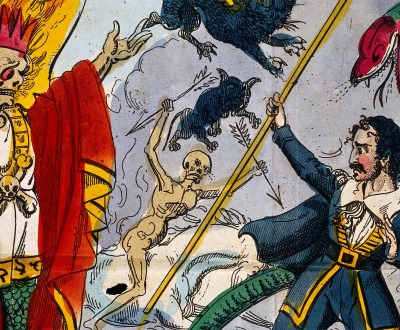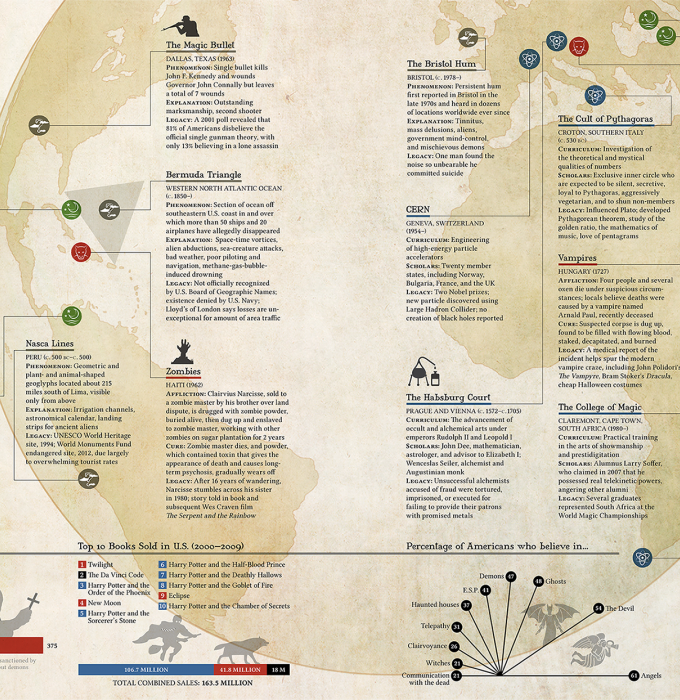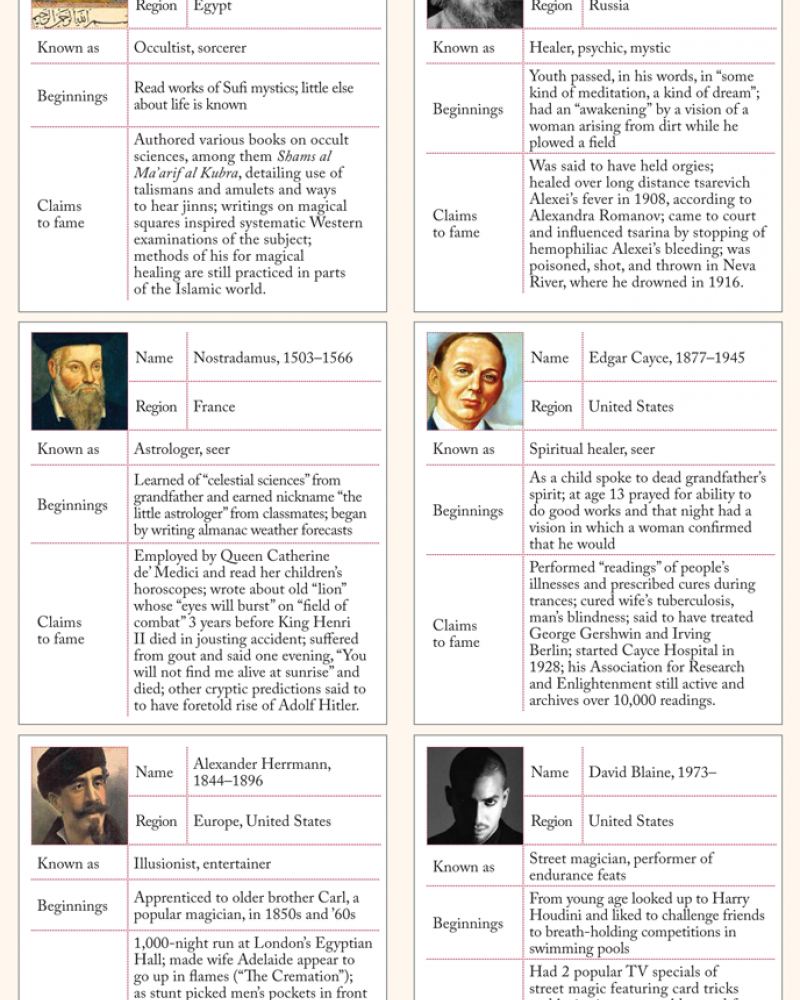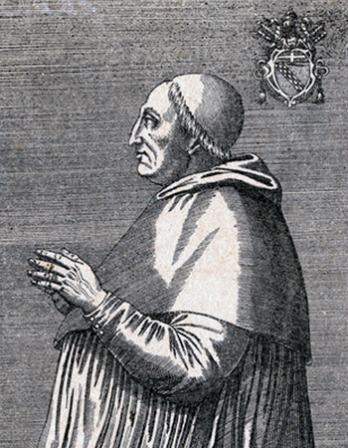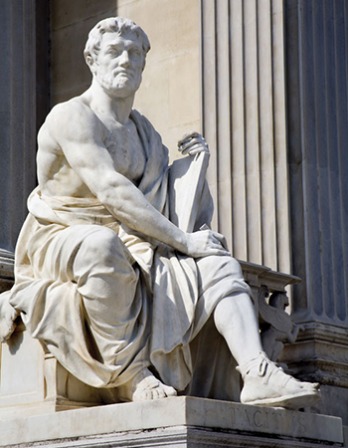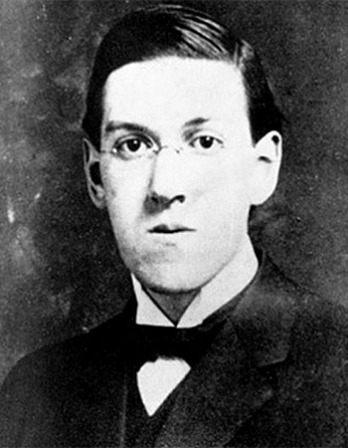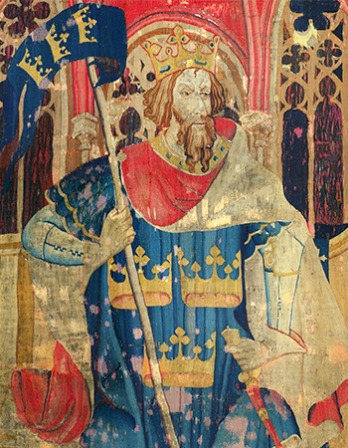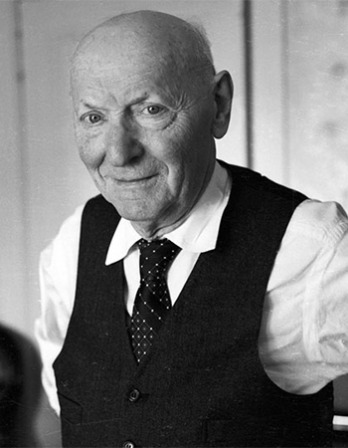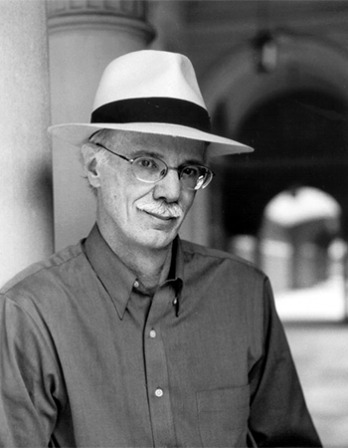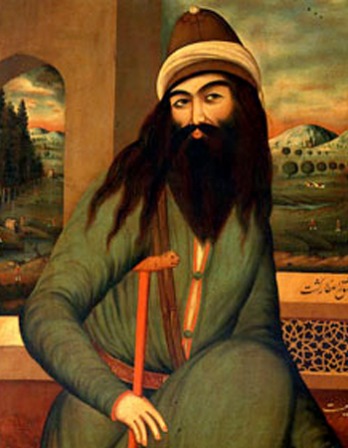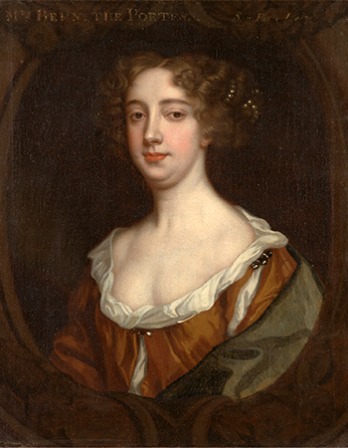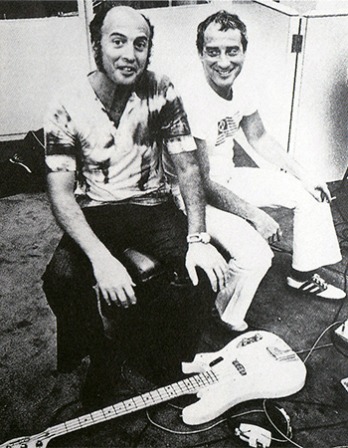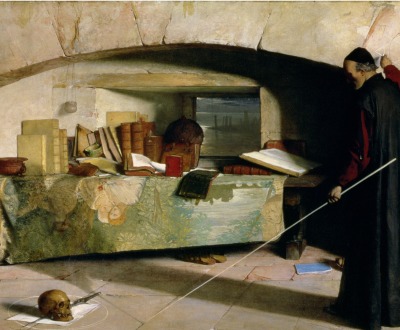
The Spell, by William Fettes Douglas, 1864. © National Gallery of Scotland, Edinburgh, Scotland, The Bridgeman Art Library.
VIEW:
Miscellany
Charles Mackenzie, a fur trader in Missouri in 1805, noted that the local American Indians with whom he traded held a low opinion of Meriwether Lewis and William Clark’s party when it came through. “The Indians admired the air gun, as it could discharge forty shots out of one load,” Mackenzie reflected, “but they dreaded the magic of the owners. ‘Had I these white warriors in the upper plains,’ said the Gros Ventres chief, ‘my young men on horseback would soon do for them as they would do for so many wolves, for, there are only two sensible men among them, the worker of iron and the mender of guns.’” The “sensible men” in question included neither Lewis nor Clark.
The most beautiful emotion we can experience is the mysterious. It is the fundamental emotion that stands at the cradle of all true art and science.
—Albert Einstein, 1930